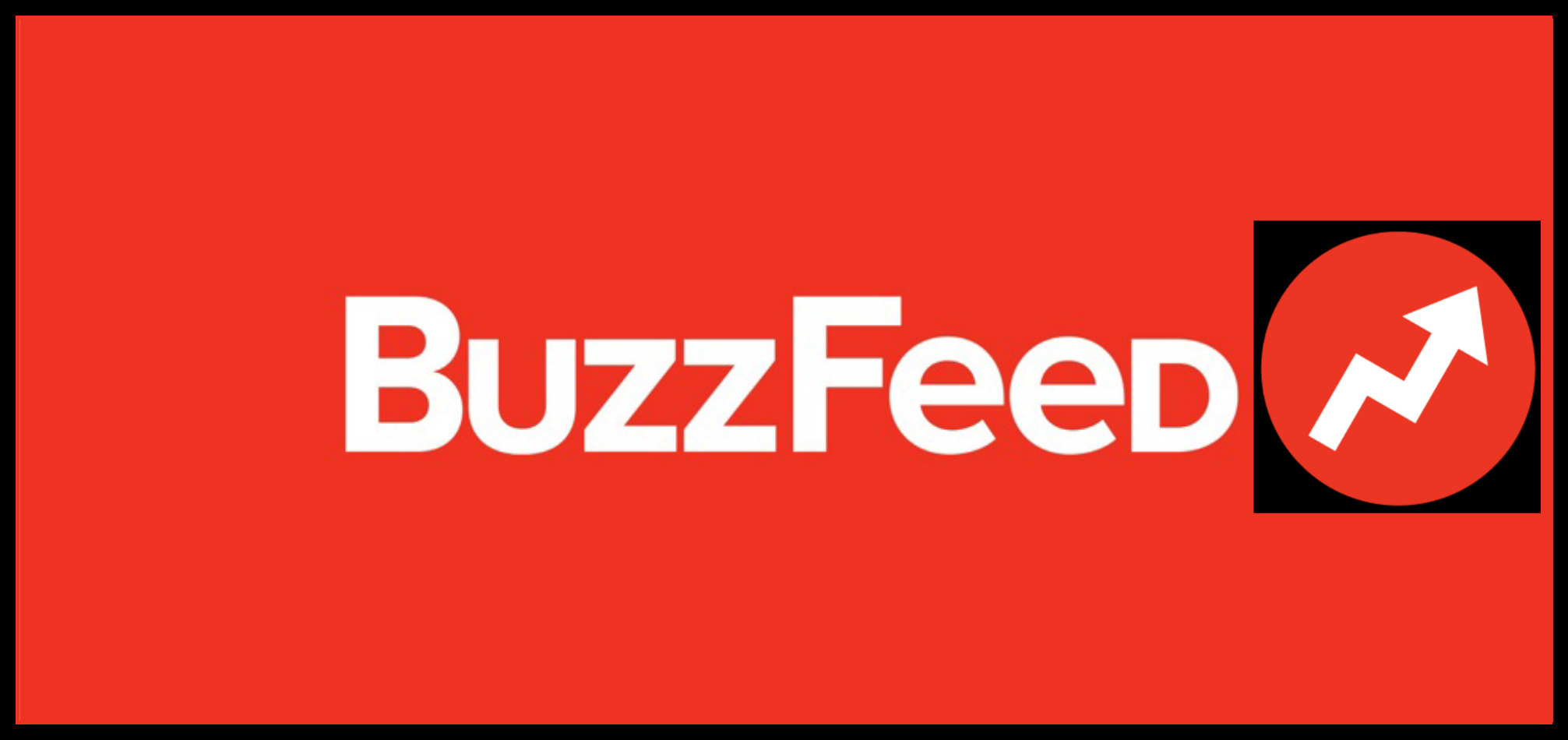The Evolution of BuzzFeed
Most people know BuzzFeed as the Denny’s of the Internet. It’s newsier than TMZ but less so than, say, The Washington Post. It’s a mixture of informative articles and fun little quizzes and a bunch of other things I don’t actually click on because I’m not that bored yet, mostly thanks to YouTube.
But, BuzzFeed is looking to revamp its image. And it’s well on the way to doing so.
BuzzFeed Means Business
BuzzFeed has raised $50 million from Andreessen Horowitz, a venture capital firm which believes the company has the potential to become a preeminent media company. This added monetary boost propels BuzzFeed to having raised nearly $100 million since 2008. BuzzFeed plans to use this to invest and expand in online-video, acquisitions, and even an in-house incubator for new technology, as well as support for BuzzFeed Motion Pictures, BuzzFeed’s video arm based in Los Angeles.
Essentially, BuzzFeed is going professional.
BuzzFeed is not the first group to benefit from cooperating with Andreessen Horowitz. Facebook, Twitter, Pinterest, and Skype all have ties to the company. General partner Chris Dixon joined BuzzFeed’s round table, which places the value of BuzzFeed at around $850 million.
Dixon commented on BuzzFeed’s potential, noting that many great media companies were constructed and flourished because of new technologies. Dixon believes that the present bolsters another technological transformation and that BuzzFeed will emerge “as a preeminent media company.”
Why BuzzFeed?
Why indeed. That’s an excellent question.
Dixon described BuzzFeed as a “full stack startup.” It has a 100-person technology team with another 200 editors. BuzzFeed, unlike several other sites, also plans for and even specifically markets for mobile devices, meaning you don’t necessarily have to zoom in and scroll around until you find that darn ‘view as full site’ button. Dixon believed that BuzzFeed takes the field of computer science seriously, treating “Internet native formats like lists, tweets, pins, animated GIFs, etc” as equals to “older formats like videos, photos, and long form essays.”
BuzzFeed has the additional benefit of being a popular Internet stop. It attracts over 150 million visitors a month, and is even believed to generate profits numbering in the “triple digit millions” in 2014.
BuzzFeed’s rapid growth did not pass unnoticed. Many major media companies have observed it with interest. The New York Times’ Innovation Report, which was leaked earlier this year, featured BuzzFeed rather prominently, and Sir Howard Stringer released a report from the BBC suggesting that the company could take a few pointers from BuzzFeed’s growth. He acknowledged that, while “the BBC is the most-tweeted news organization globally” (except he used an ‘s’ in organization because, you know, British spelling), being the most-tweeted “doesn’t automatically translate into hits on the website in the same way as BuzzFeed.”
The Future of BuzzFeed
What will it mean for BuzzFeed to become the coldly professional-sounding preeminent media company? No one really knows. A lot of BuzzFeed’s attraction stems from its fun, peppy, and casual content approach toward the Internet. As it evolves and expands on itself, turning from a Denny’s into a four-star restaurant, I can only hope BuzzFeed maintains the bright and fun personality that drew so many viewers in the first place.

